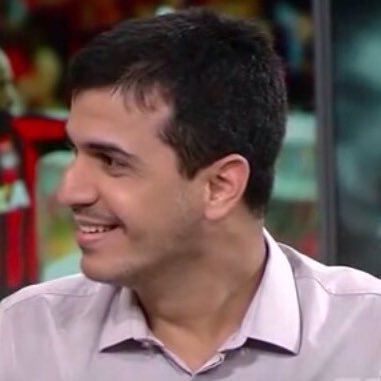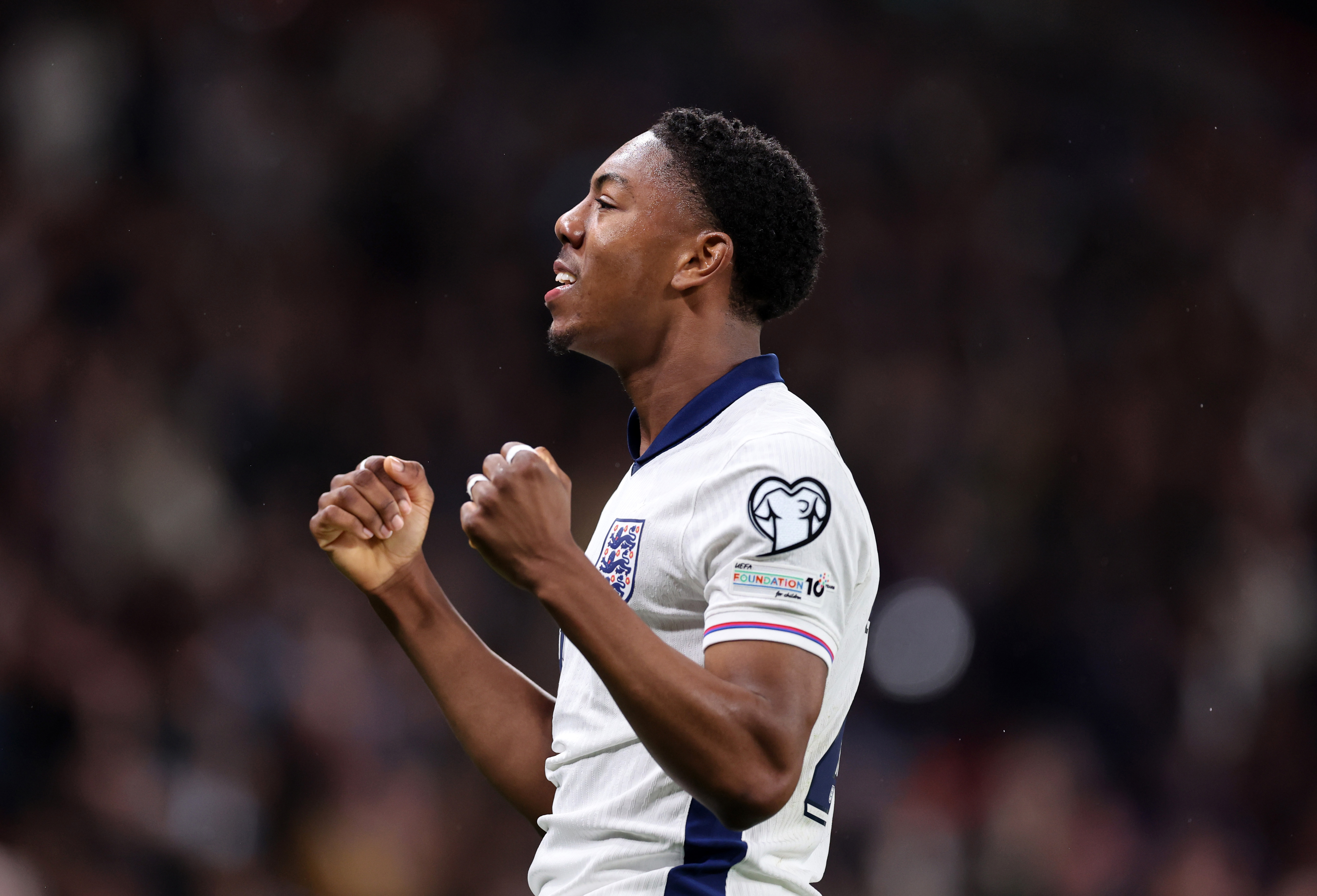Willian on leaving Arsenal, playing in the World Cup and why he'll never be a manager
After returning to Brazil to play for Corinthians, the attacking midfielder still has hopes to continue playing at the highest level despite a dismal spell in north London
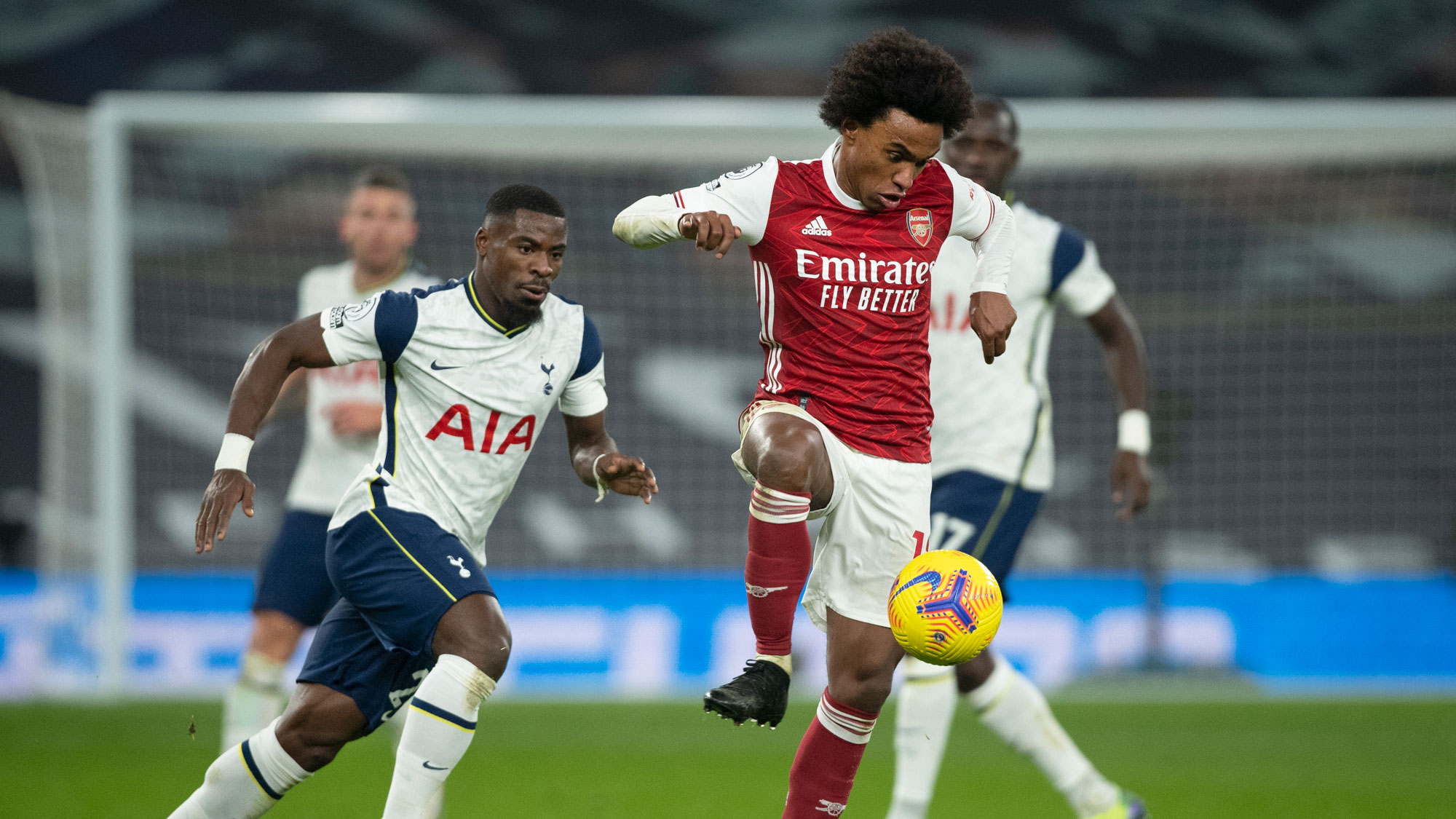
What has it been like to return to Brazilian football after so long?
To be honest, I’m still adapting here. Fourteen years away is not 14 months; I’ve spent a long time abroad, so it’s taken me a little while. What I’ve been struggling the most with is my family moments – those times when you can go with your family to a shopping mall, stop by a cafe and sit. I used to live in Knightsbridge, right in front of Harrods, with many bars and restaurants there. Sometimes, I would just leave my house and cross the street to the Caffe Concerto for a cup of coffee. We had those family moments, we could walk around – something that’s much more difficult in Brazil.
Are things in Brazil totally different to when you left in 2007?
So much has changed, yes. If you take Corinthians as an example: during my first spell we used to train in two different places – at one, the dressing room was located inside a container, so you had to take a shower and get dressed there. Now, it’s not like that – Corinthians have built a training ground that’s fantastic and better than some you find in Europe. Corinthians have always been a huge club, but that was something that they lacked in the past – a modern stadium, better facilities.
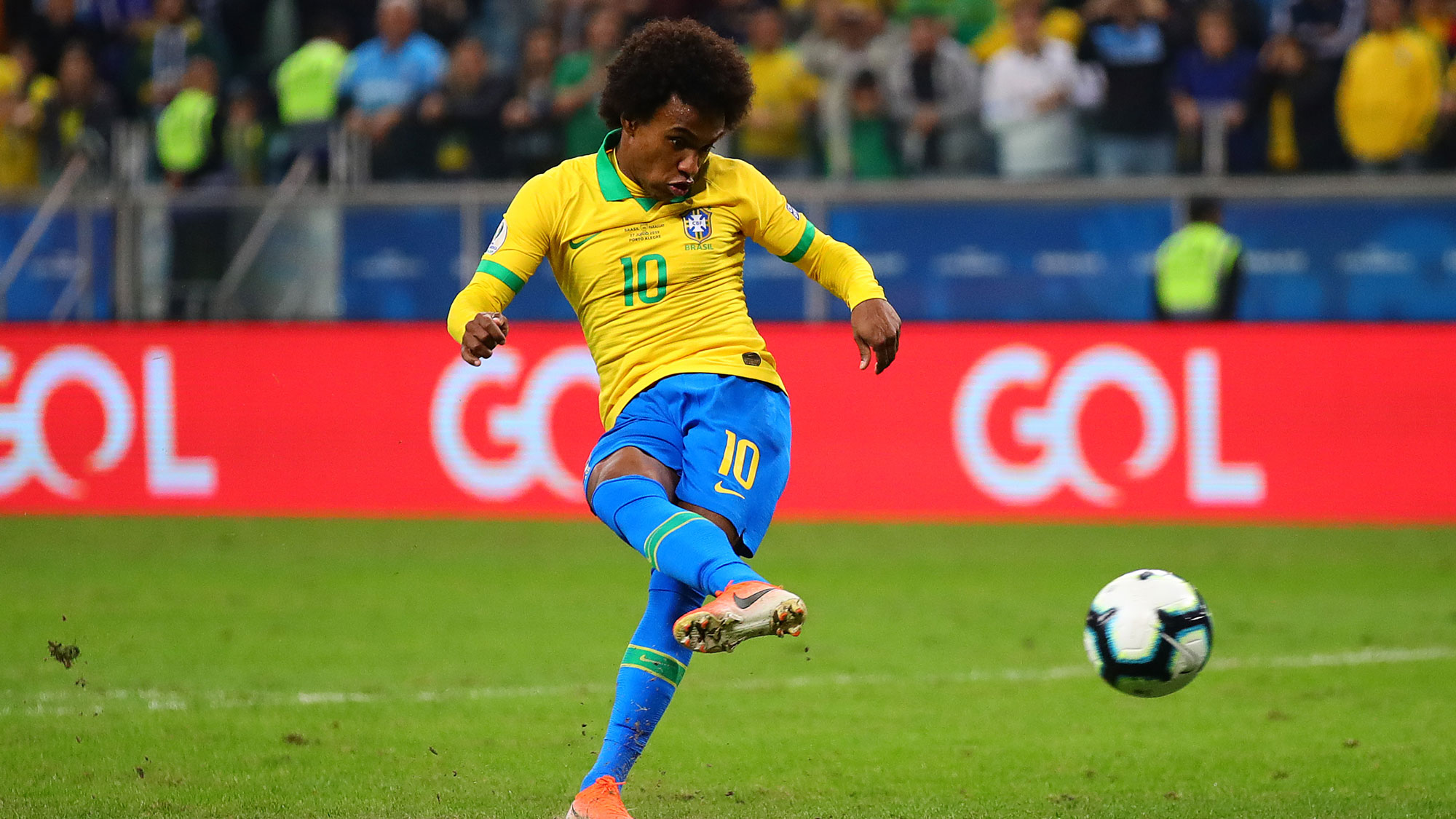
David Luiz also returned to Brazil a few months ago, joining Flamengo. Is it strange he’s now an opponent?
I’ve known David since we were both eight years old and played together for the same football school. From there, I went to Corinthians and he moved to Sao Paulo. We played each other a few times in Europe, so despite having spent so many years together with Brazil, Chelsea and Arsenal, this is nothing new for us. I wish him all the best at Flamengo.
Is it true that you could have stayed in Europe in the summer, but chose to return home?
When I was in negotiations with Corinthians, I received an offer from Lyon. Milan were also interested and my agent spoke to Jose Mourinho, who wanted to take me to Roma. He’s a great friend of mine, but things with Corinthians progressed faster and I thought it would be nice to return to Brazil. I got a lot of messages asking me to come – you could see people were really excited about it. Besides that, it was also a chance to move closer to the national team’s radar, so I talked to my wife and daughters and they were all on board, which made the decision easier.
Can you see yourself in Qatar?
Playing at the next World Cup is a goal I have and I believe that I’m capable of achieving it. It will depend on how I do on the pitch. If things go well for me, my chances of returning to the team will certainly increase. I can’t lie, it’s a dream of mine, and it would be an honour to represent my country again.
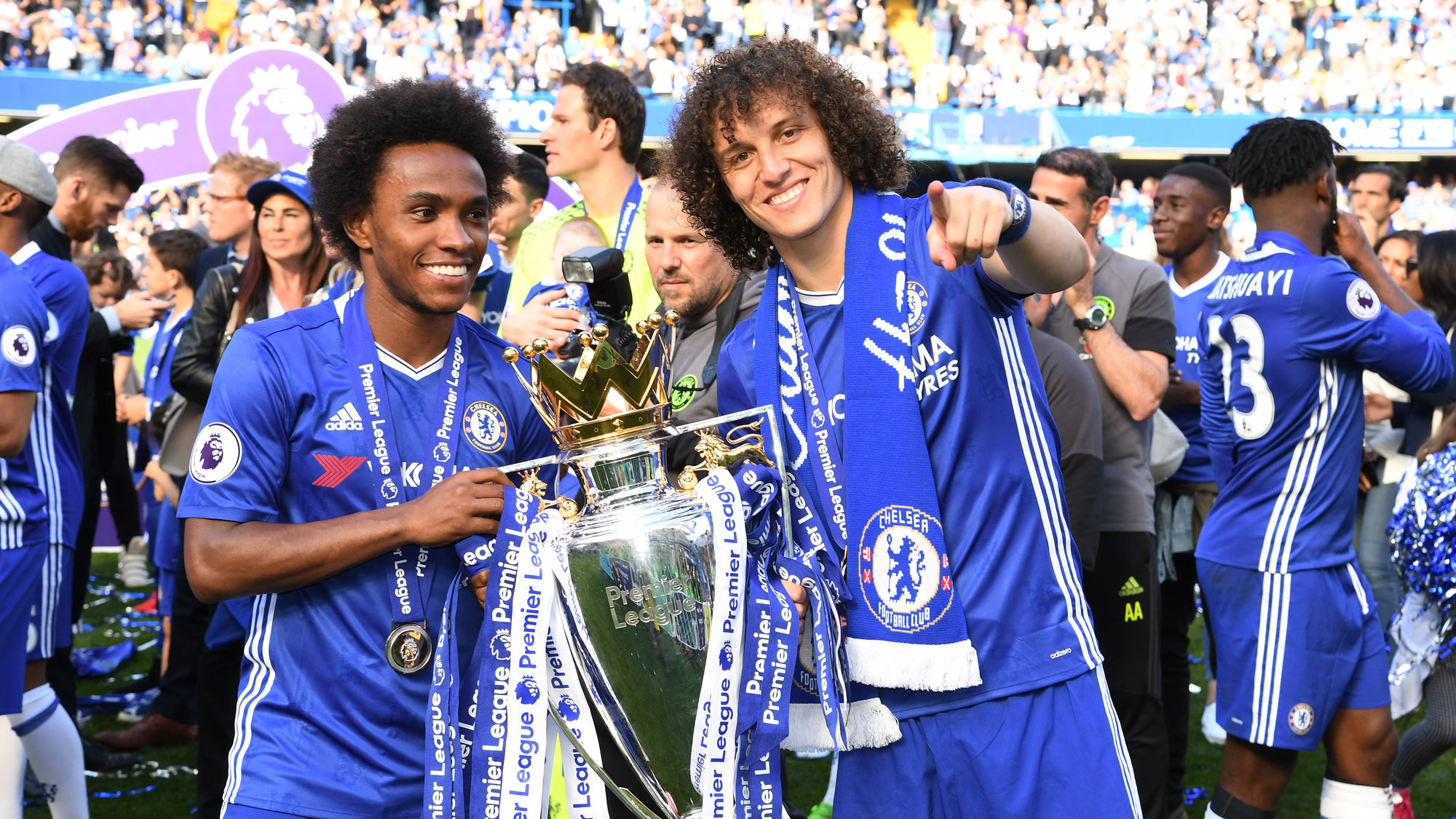
You called your time at Arsenal “the worst that I lived as a professional”. What went wrong for you there?
Things didn’t really go the way we’d all planned. I don’t want to go into much detail about why it didn’t work out, but unfortunately it didn’t. I wasn’t happy there, and when you’re not happy in a place, it doesn’t matter how much you try – you’re not going to be able to deliver what people expect of you. We had a great project and believed that it would work out, but it didn’t, and so I chose to leave and do what was best for me.
Do you regret joining the club?
At the beginning, I was super excited – new club, new team-mates, new everything. Whenever you turn up at a new club, you want to show what you’re capable of, and I arrived there wanting to play my best football. But as time went by, I realised that things weren’t going to happen the way we’d planned. I wasn’t happy, and that’s an important factor in a footballer’s life. When you’re feeling like that, there’s really no way you’re going to perform well unfortunately.
Get FourFourTwo Newsletter
The best features, fun and footballing quizzes, straight to your inbox every week.
Why did you decide to cancel your Arsenal contract and leave for free?
There are moments in life when the money isn’t so important and you need to focus on what makes you happy; to look for a place where you have some pleasure working. That’s something I didn’t have there, and staying only for the money isn’t something I’m capable of doing – there are many other things that come first for me. I thought to myself that I couldn’t stay just because of a contract – after all, if I did, where would my motivation, my pleasure and my well-being go? So that’s what I had in mind. Everybody saw what I left behind in order to pursue my happiness again.
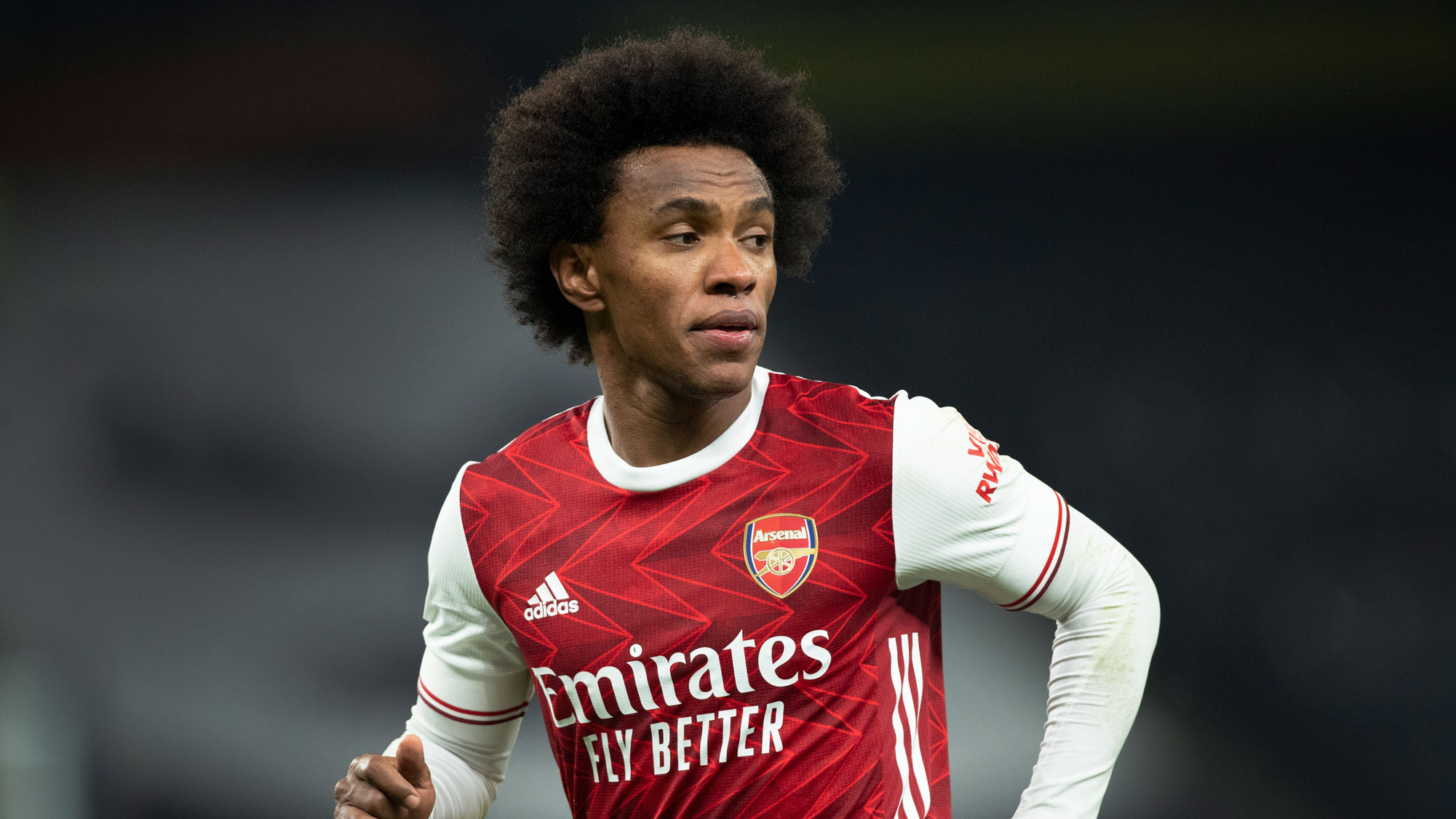
What was it like working with Mikel Arteta at the Emirates?
It was a nice experience. He’s a young coach who will still gain some more experience in the job. Despite that, his ideas are great and similar to Pep Guardiola’s. I think that he’ll become a great manager.
David Luiz has already said he wants to pursue a coaching career in the future. Will you be by his side in the dugout?
No, it’s not really my thing. He knows that, I’ve already told him. When I retire, I have other things in mind. While David continues working on the pitch, I’ll be looking for players and sending them to his team!
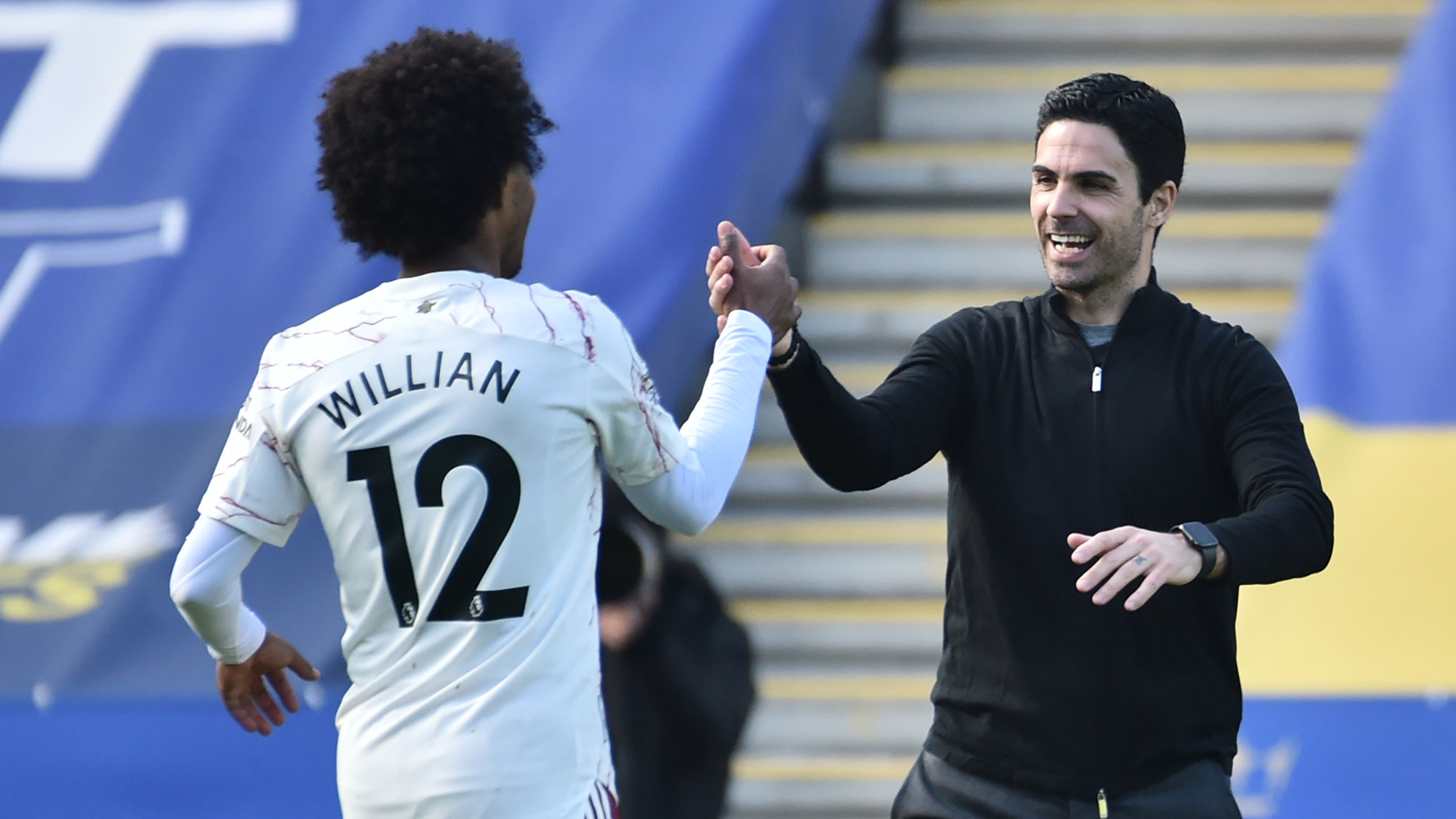
Marcus Alves is a freelance journalist based in Lisbon and has written for FourFourTwo since 2012. He can also be found at BBC Sport, the Telegraph, Kicker and Yahoo. A former ESPN reporter, he covered 12 games in 15 days during the 2014 World Cup in Brazil, but can barely remember any of them. He blames cachaça for that.
